
Expert Due Diligence Support for Pharma and Medtech Transactions
We support investors, corporate teams, and M&A professionals with technical, regulatory, and operational due diligence for pharmaceutical and medical technology transactions—including mergers and acquisitions, product acquisitions, and in-licensing—across all types of medicinal products and medical devices.
Our multidisciplinary team covers the full spectrum of critical areas in pharma and medtech development and commercialization:
- Regulatory compliance
- CMC and manufacturing
- Quality and supply chain
- Clinical and preclinical development
- Pharmacovigilance and vigilance systems
- Medical device compliance
- Market access considerations
Our global network, regulanet®, enables us to scale quickly and bring in local experts as needed—covering all major markets and regulatory jurisdictions.
Our goal is to deliver a clear, fact-based assessment of risks and opportunities that informs business planning, investment theses, valuation, deal structure, and post-acquisition strategies. We go beyond identifying downside risks by also highlighting strategic and operational opportunities uncovered during the due diligence process.
Detailed Service Overview
We provide technical, regulatory, quality, and operational due diligence services for pharmaceutical and medtech transactions. Our assessments—via virtual data room (VDR) reviews and on-site evaluations—identify risks, dependencies, and opportunities that may affect valuation, deal terms, and post-transaction integration.
-
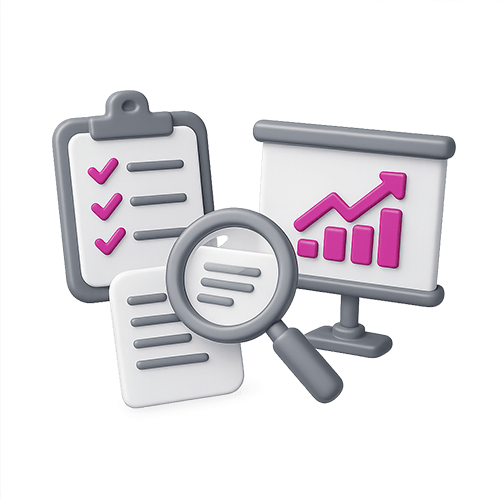 Pre-Process and VDR Preparation
Pre-Process and VDR PreparationScope definition, team setup, early-stage risk screening based on publicly available sources (e.g., regulatory databases), product and market research, expert interviews, management presentations, and review of initial materials.
-
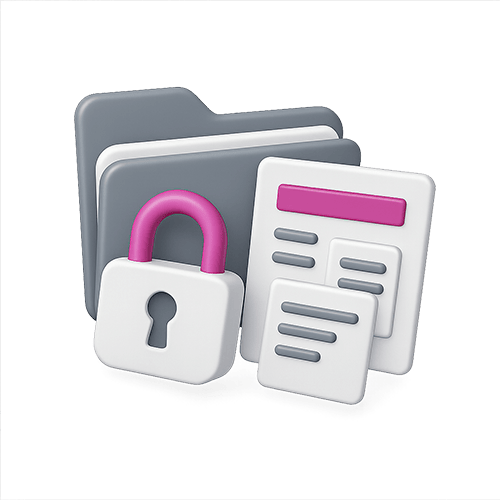 VDR Phase
VDR PhaseComprehensive document-based reviews once full data access is granted.
-
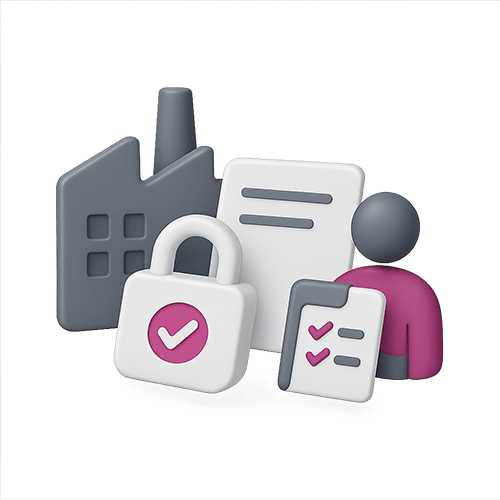 On-Site Visits
On-Site VisitsIn-person verification of quality management system compliance, facility performance, suitability of personnel, premises, and equipment, and assessment of documents not available in the VDR.
-
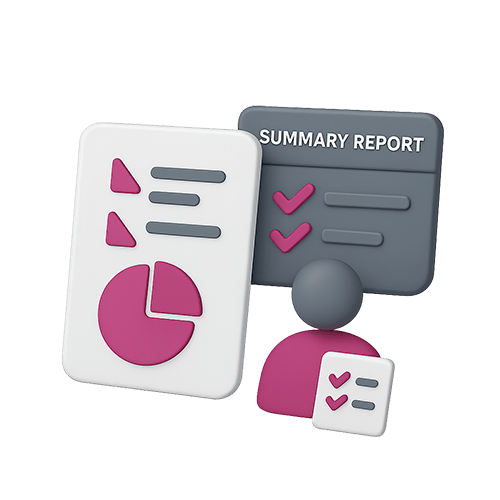 Post-VDR Phase
Post-VDR PhaseSummary report preparation including red flags and actionable recommendations, as agreed with the client.
Our Scope Includes:
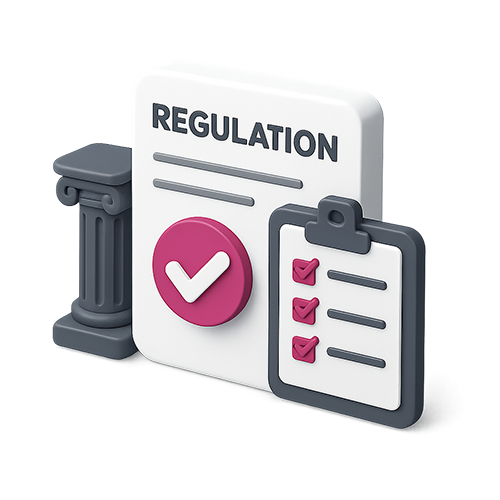
Regulatory Compliance
- Review of product dossiers, approvals, and supporting documentation
- Assessment of compliance with relevant regulatory frameworks (e.g., EU, US, global)
- Evaluation of post-marketing obligations and regulatory risk exposure
- Assessment of post-approval lifecycle management, including variations, renewals, and pharmacovigilance activities
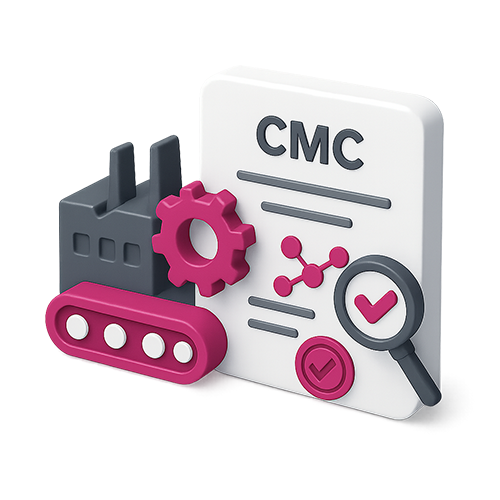
Chemistry, Manufacturing, and Controls (CMC)
- Evaluation of manufacturing processes, scalability, and supply chain robustness
- Assessment of GMP/GDP compliance, inspection and audit history, and quality systems
- Identification of lifecycle risks such as process changes, comparability issues, and technology transfers
- Review of internal change control processes for regulatory compliance
- Review of Modules 2.3 and 3 of the dossier for compliance—whether pre-approval, for new markets, or during in-licensing
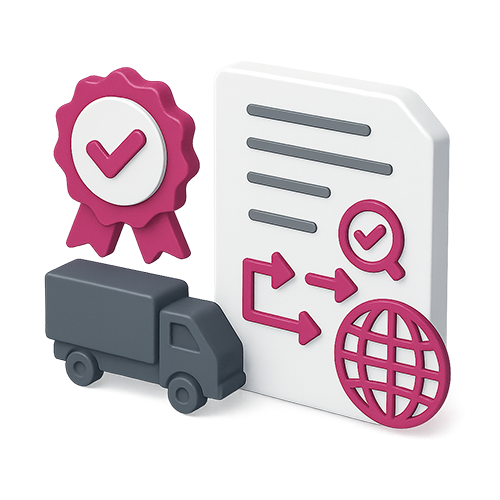
Quality and Supply Chain
- Assessment of quality management systems, documentation, and inspection/audit reports
- On-site verification of facilities and equipment compliance
- Analysis of supply chain oversight, cross-border risks, vendor qualification, and stability
- Review of subcontractor agreements for compliance with quality standards
- Identification of risks related to capacity, compliance, and business continuity
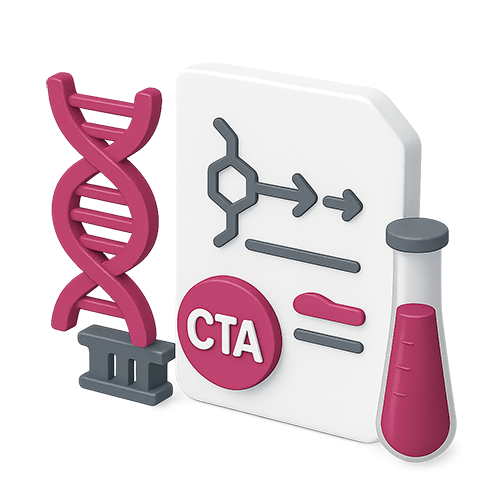
Clinical and Preclinical Development
- Evaluation of data packages, trial designs, and regulatory alignment
- Identification of gaps impacting approvals, claims, or development timelines
- Assessment of readiness for regulatory milestones (e.g., CTA/IND, MAA/NDA)
- Verification of compliance with GCP, GLP, GCLP, ISO 17025, and ISO 15189 standards across studies, CROs, vendors, and sites
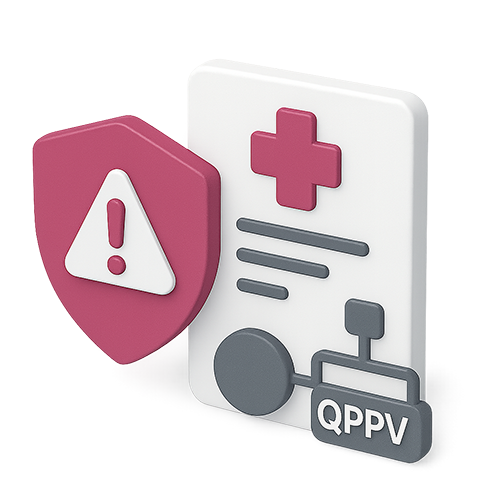
Pharmacovigilance and Vigilance Systems
- Review of PV system structure, compliance, and QPPV/LPPV arrangements
- Evaluation of risk management plans, safety reporting, and documentation practices
- Assessment of vigilance systems for medical devices under MDR and IVDR
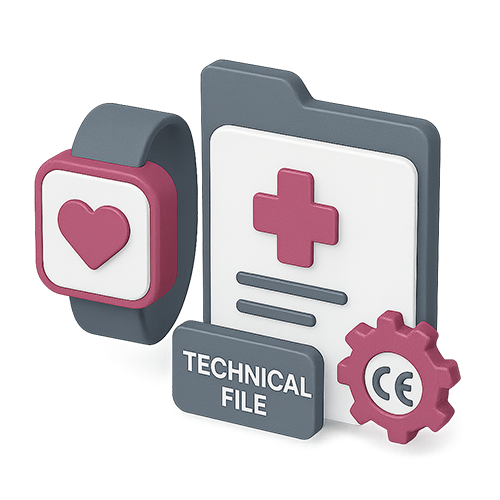
Medical Devices
- Verification of compliance with applicable standards (e.g., ISO 13485)
- Evaluation of technical documentation for completeness and regulatory conformity
- Review of device classification per MDR/IVDR and FDA regulations
- Assessment of standalone devices, drug–device, and device–drug combinations
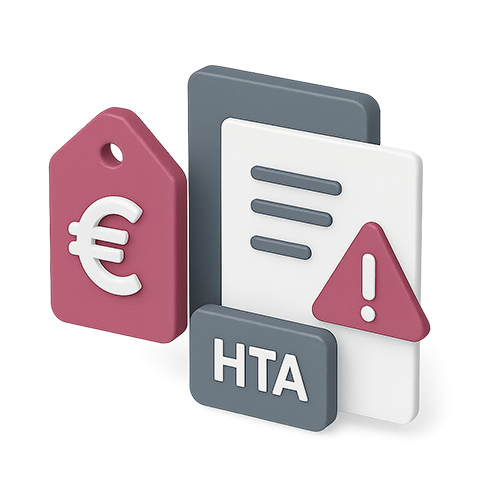
Market Access Considerations
- High-level evaluation of market access risks, including HTA alignment and pricing issues
- Identification of post-approval market entry barriers
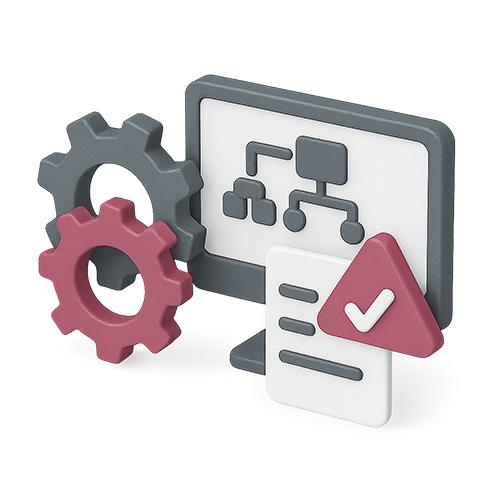
Integration Readiness
- Review of the target’s regulatory and operational readiness for integration
- Identification of risks related to personnel, systems, and processes
Example Projects
Our due diligence support is tailored to the specific needs of each transaction. We understand the time constraints, incomplete data, and changing scopes that often characterize M&A projects in the pharmaceutical and medtech sectors.
Our approach is pragmatic: we adjust the depth and focus of our assessments based on available information, project timelines, and the critical questions relevant at each stage.
Context:
Evaluation of a multi-product biosimilar portfolio at various development stages, including marketed products and pipeline candidates.
Focus:
Regulatory dossier readiness, key upcoming milestones (e.g., CHMP opinion, PDUFA date), post-approval commitments (e.g., RMPs, REMS), and CMC concerns such as nitrosamines.
Findings:
Identified critical regulatory deadlines and risks. Assessed post-approval commitments and flagged potential compliance gaps.
Output:
Delivered a structured risk register and prioritized issues for confirmatory due diligence.
Context:
Evaluation of an autoinjector-based combination product classified under EU MDR with an engaged Notified Body.
Focus:
Regulatory classification, human factors data, technical documentation, and supply chain risks.
Findings:
Additional clinical data required for CE marking; high dependency on single-source suppliers with no backup.
Output:
Recommended secondary sourcing strategies and parallel remediation of clinical data gaps during submissions.
Context:
Investment due diligence for a biotech firm with several pipeline assets, including orphan drug candidates.
Focus:
Likelihood of approval based on clinical design, CMC readiness, and regulatory alignment; Orphan Designation status; supply chain security.
Findings:
Approval likelihood varied significantly between products; Orphan status confirmed for some, with gaps noted in others; API sourcing risks highlighted.
Output:
Valuation adjusted accordingly, with risk mitigation strategies (e.g., milestone-based payments) integrated into the deal.
Context:
Mid-sized European pharma firm preparing for divestment, with a mixed portfolio of marketed and development-stage products.
Focus:
Regulatory and CMC compliance, QMS documentation, and supply chain dependencies.
Findings:
Documentation and regulatory gaps identified across markets. Delivered a comprehensive due diligence package.
Output:
Clear presentation of risks supported efficient buyer evaluation and contributed to a faster, smoother transaction process.
Informed Decisions, De-Risked Investments: Expert Due Diligence for Pharma and Medtech
In today’s high-stakes landscape, a sound investment starts with the right insights. Our Due Diligence services provide pharmaceutical and medtech investors, M&A teams, and corporate decision-makers with a clear, unbiased assessment of regulatory, technical, clinical, and operational risks and opportunities. Backed by a multidisciplinary team and our global regulanet® network, we deliver actionable intelligence that supports confident deal-making, accurate valuation, and long-term strategic planning. Whether you’re acquiring assets, licensing products, or entering new markets, we help you see the full picture before you commit.
Frequently Asked Questions
Due diligence in pharma and medtech spans multiple domains that impact the investment case and post-deal execution. Key areas include:
- Regulatory Compliance: Status of marketing authorizations, pending obligations, and dossier readiness across relevant markets.
- CMC and Manufacturing: GMP and GDP compliance, scalability, comparability, and supply chain risks, including dependencies on specific sites or suppliers.
- Quality Systems: Evaluation of QMS effectiveness and adherence to regulatory requirements.
- Clinical and Pre-Clinical Development: Adequacy of trial designs and data packages for regulatory submissions and market expansion.
- Pharmacovigilance: Readiness and robustness of safety monitoring systems, including PSMF review and global compliance.
- Operational Readiness: Supply chain integrity, scalability, and cross-border compliance risks.
We primarily focus on regulatory, technical, and operational aspects but can also coordinate with partners on legal, financial, or IP matters under one umbrella.
Our support spans both phases:
- Pre-VDR Phase: High-level risk scan based on public data, screening for red flags like market authorization viability, pending regulatory changes, manufacturing compliance signals, enforcement trends, and complaint reports.
- Post-VDR Phase: In-depth reviews of regulatory dossiers, CMC data, quality systems, supply chain structures, pharmacovigilance documentation, and pipeline product readiness. This includes participation in Q&A sessions, reviewing specific documents, and identifying risks that may affect valuation or integration.
CMC due diligence identifies risks in manufacturing processes, quality controls, and supply chains that could lead to regulatory delays, post-approval variations, or supply disruptions. It also helps estimate potential CAPEX (e.g., facility upgrades) or OPEX (e.g., compliance maintenance) requirements that may affect deal economics.
We review the pharmacovigilance system’s structure, documentation (including the PSMF), reporting processes, and global compliance status. This ensures that adverse events are tracked, reported, and managed in accordance with local and international requirements—minimizing regulatory and liability risks.
Yes. We conduct prospective reviews of regulatory and technical documentation (e.g., CMC/Quality Module 3, Non-clinical Modules, Clinical Modules) for key pipeline products. This helps identify gaps that could delay market entry, trigger additional development work, or require strategic investments to meet regulatory expectations.
We adjust our approach based on the information available, providing a clear outline of known risks, areas requiring further investigation, and the potential impact on the investment case. Early engagement with the sell side, through Q&A sessions or on-site visits, helps refine understanding and address uncertainties.
No. Formal audits are generally not part of due diligence processes, as timelines are usually too tight for the conduct of a full audit scope.
However, our qualified auditors can participate in site visits conducted as part of the due diligence. These site visits are not audits but allow for a preliminary impression. During these visits, we typically review selected documentation, observe operations, and conduct focused discussions with site quality managers and other key personnel to identify potential risks or areas requiring follow-up.
Note:
- A site visit during due diligence, due to time constraints, is exploratory and limited in scope
- A formal audit follows a defined methodology and typically includes a full review of quality system compliance against a regulatory or internal standard.
Through regulanet®, we engage local experts in over 90 countries to assess region-specific regulatory requirements, market access considerations, and operational risks. This ensures due diligence reflects the realities of each target market.

Get in Touch!
If you are planning for or working on a pharmaceutical or medtech transaction and require support with regulatory, technical, or operational due diligence, feel free to get in touch.
We are available to outline how we typically support such projects, discuss scope and timelines, or provide further information as needed.
CONTACT US TODAY!